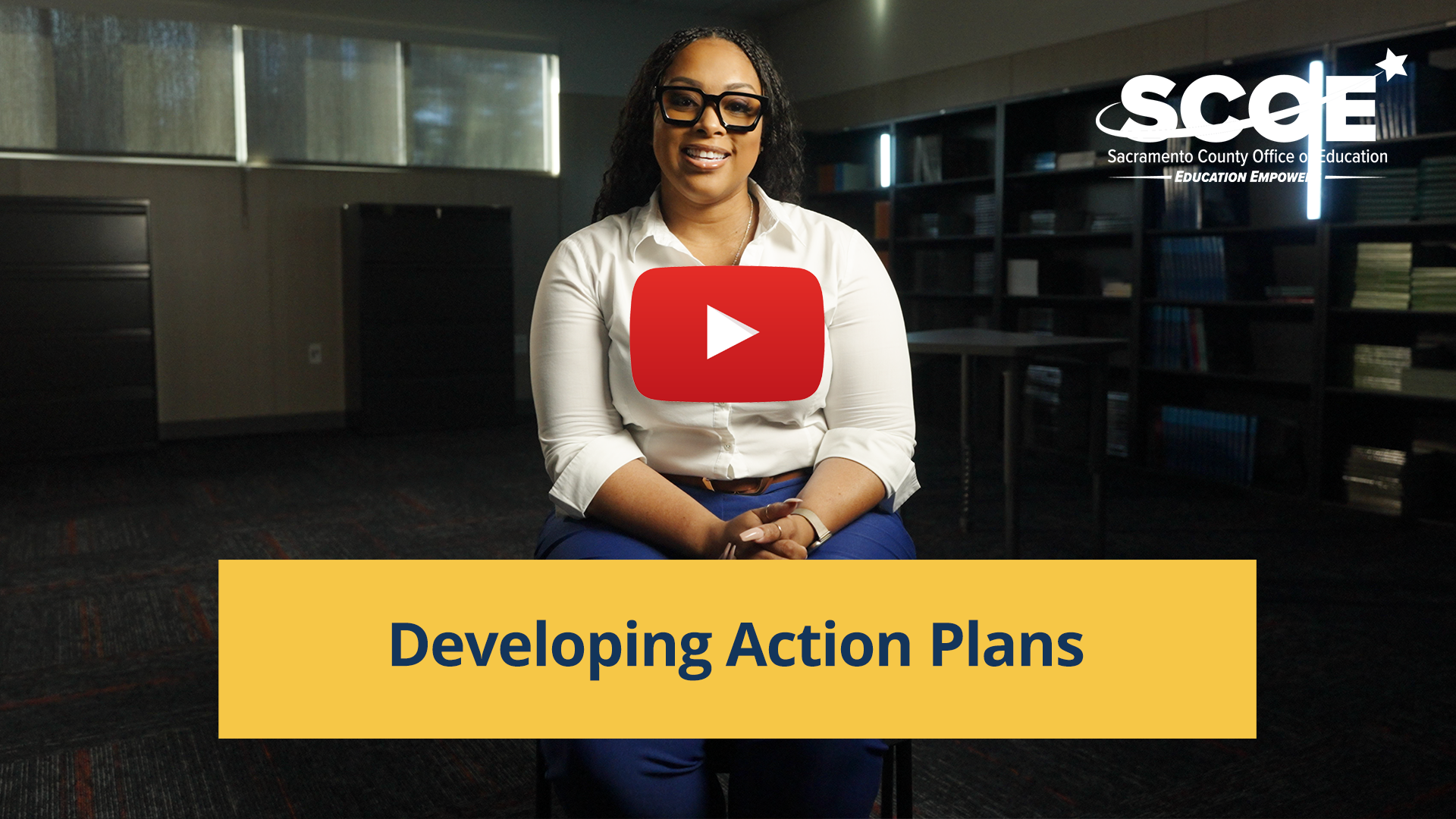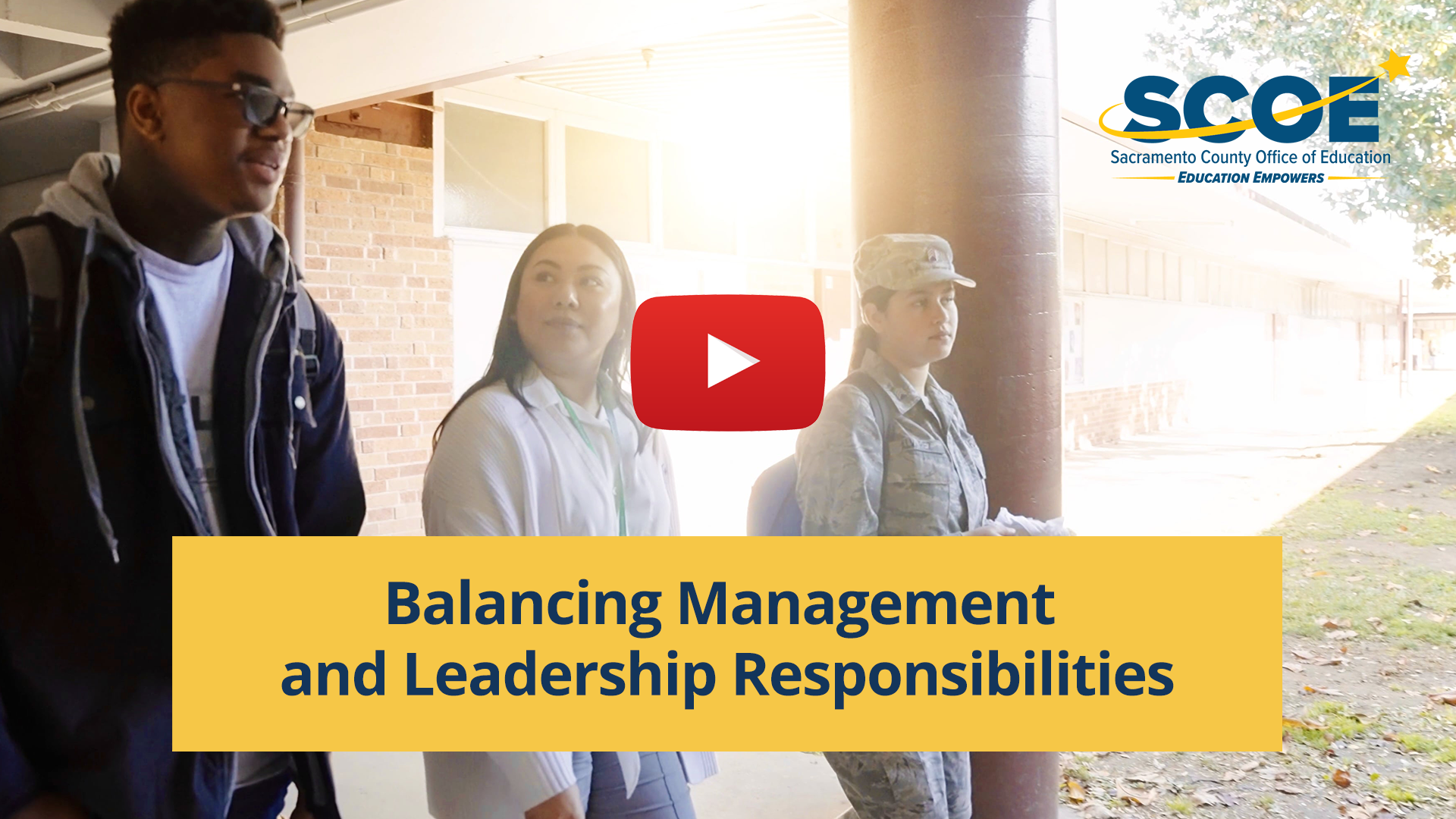
Coordinator Role
Phase 2: Weeks 7-12 at School Site
Training Resource Home > Coordinator > Phase 2: Weeks 7-12 at School Site
Phase Overview
During this training phase, Coordinators will focus on advancing their understanding of their role and responsibilities in fostering schools as Centers of Wellness. They will provide targeted support to assigned school sites as clients, ensuring alignment with wellness goals. Additionally, Coordinators will offer oversight and support to school site-based SCOE team members, facilitating a collaborative approach to school transformation. This phase emphasizes deepening integration into the school culture, participating in multidisciplinary meetings, and enhancing the overall effectiveness of school wellness initiatives.
Phase Goals/Objections
Further develop understanding of the coordinator role and responsibilities in supporting development of Schools as Centers of Wellness
Provide support to assigned schools sites as clients
Provide oversight and support to school site-based SCOE team members ensuring collaborative approach to school transformation
Role Development
Understand the Coordinator's role in transforming schools into centers of wellness and serving schools as clients. Begin integrating TSEL practices to foster the DEIB framework and build authentic partnerships. Recognize the importance of introspection and self-awareness in addressing discomfort, and actively participate in regional team meetings, SBMHW team meetings, professional development, and regional events. Additionally, enhance your skills through continuous engagement with collaborative efforts and reflective practices.
-
• Continue to develop understanding of Coordinators role in transforming schools as centers of wellness, serving schools as clients
• Begin integrating TSEL practices within work to cultivate the DEIB framework and engage in authentic partnerships
• Acknowledge the value of introspection and self-awareness, when circumstances or conversations lead to discomfort
• Attend and collaborate in regional team meetings, SBMHW team and collaborative meetings, professional development and training, and events within the region
Supporting School Sites as Clients
Gain insight into supporting Core Components, completing Road Map tasks, and attending key district and school events. Schedule monthly site visits with regional and school staff, develop referral systems and action plans with clinicians, and integrate school events into the SCOE calendar. This comprehensive approach ensures alignment with program goals and fosters effective collaboration.
-
• Focus on supporting the Core Components and completing Road Map tasks
• Attend district and school site events for assigned schools
• Schedule and visit each assigned school site monthly (may include regional team members, school site staff, and Career Pipeline as needed)
• Develop referral form/system alongside clinicians
• In collaboration with clinicians, develop action plan(s) to:
○ Strengthen accountability in efforts to achieving core components
○ Strengthen collaboration of care team
○ Support school as client
• Add school site events for school year to SCOE outlook calendar
Clinician Oversight
Understand how to schedule and conduct monthly 1:1 meetings with clinicians, ensure their participation in all required trainings, and complete chart reviews with clinician II for effective support. This process facilitates ongoing professional development and ensures adherence to program standards. Additionally, it helps in identifying areas for improvement and provides the necessary guidance to enhance clinical practices. Regular reviews and meetings contribute to maintaining high-quality service delivery and meeting organizational goals.
-
• Schedule and facilitate 1:1 with clinicians monthly
• Ensure clinicians are scheduled to attend all necessary trainings
• Complete chart reviews, in collaboration with clinician II to provide support
Supporting School Site Team
Manage clinician schedules during school breaks by requesting work plans from team members, addressing and resolving calendar discrepancies between the school and SCOE, and supporting clinicians in managing any scheduling conflicts. Additionally, regularly communicate with school based teams to ensure alignment with organizational schedules and minimize disruptions.
-
• Request work plans from team members working while schools are closed for November holiday break
• Address discrepancies between school calendar and SCOE calendar with clinicians, and develop work plan for calendar conflicts






